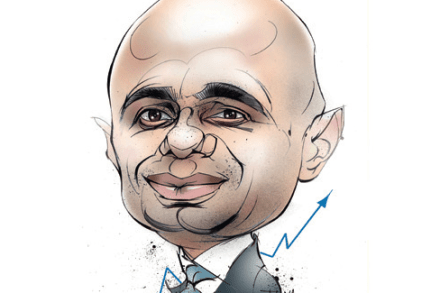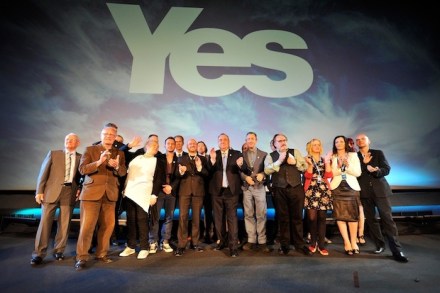Want a market in higher education? Here’s how
Ed Miliband is mooting a tuition fees cut, to a maximum of £6,000 a year according to reports. I graduate in 2016. If Labour wins the next election, I’ll be in one of only 4 cohorts to pay £27,000 for their education. If I’m really unlucky, I might get lumped with a graduate tax too. It’s not my plight, however, that’s got Labour talking about tuition fees again. Instead, it’s the government’s admission that the current policy is likely to be more expensive than planned: official estimates suggest that 45 per cent of students will never pay back their loans. Just 3.6 per cent more and the new system would





















